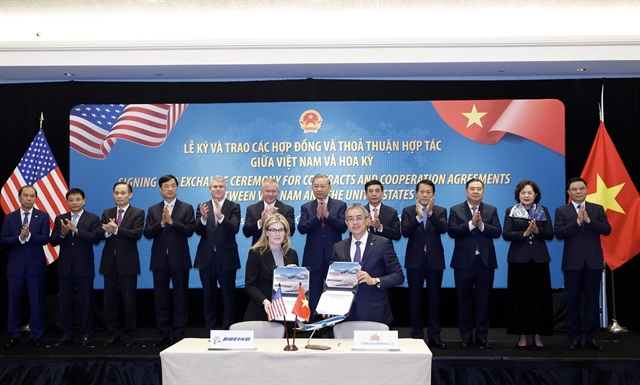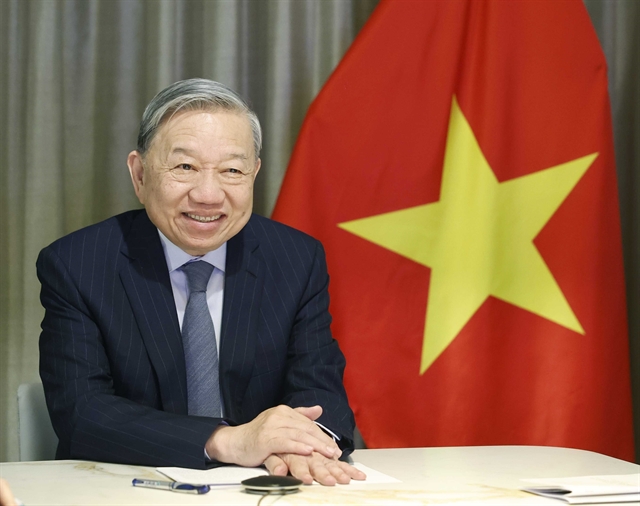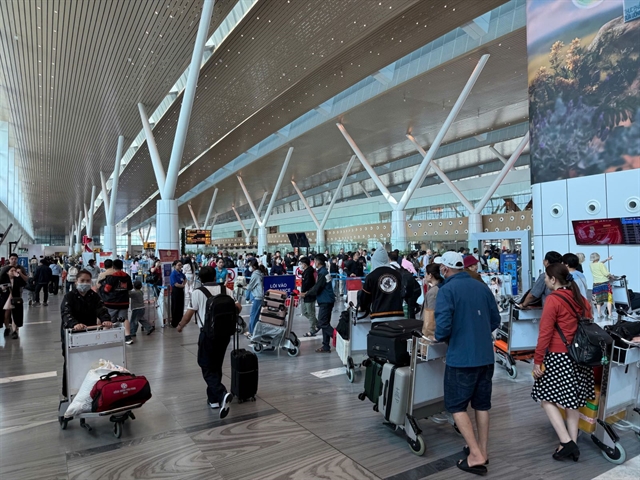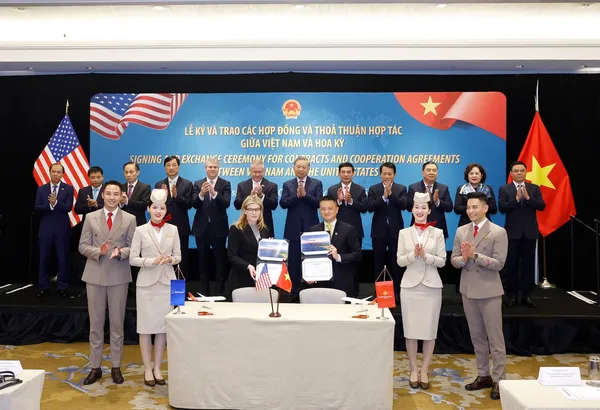SOFIA — Bulgaria on Thursday launches the first of several meetings aimed at bridging an east-west split over reforming Europe’s asylum rules by June, when Sofia’s EU presidency ends and the migration crisis could flare anew.
The European Commission aims to insist all member countries accept controversial refugee quotas at the talks in Sofia with the 28-nation bloc’s interior ministers.
Current asylum rules "literally split Europe", said Bulgarian Prime Minister Boyko Borisov, whose country holds the six-month rotating EU presidency.
"With the trust we have among us, we will find a reasonable compromise," he said on Monday.
Hungary and its eastern European neighbours have refused to take refugees since the European Commission first pushed through temporary quotas in 2015.
The summer of that year saw mass drownings in the Mediterranean at the start of Europe’s worst migration crisis since World War II, as hundreds of thousands of people fled war and poverty in the Middle East and elsewhere.
EU leaders meeting in Brussels last month set a June deadline for an overhaul of the so-called Dublin rules to create a permanent mechanism for all member states to admit refugees in the event of a new emergency.
Under existing rules, countries where migrants first arrive are required to process asylum requests, putting a heavy burden on Greece and Italy, the current main entry points to Europe.
Little, if any progress has been made since talks on asylum reform began in 2016.
Cooperation deals with Turkey and Libya, the main transit countries, have helped to slow, at least for now, the flow of migrants to Europe since its 2015 peak.
"What Europe needs is a common European asylum system," European Migration Commissioner Dimitris Avramopoulos told AFP before leaving Brussels for Sofia.
"Today it is Italy and Greece that are under huge pressure but nobody can assure us that the future is not holding some surprises in other parts," the former Greek foreign minister and Athens mayor said.
European Council President Donald Tusk said at last month’s European Union summit it would be difficult to seal an asylum deal by June after calling quotas ineffective and divisive.
Tusk appeared to lean toward the eastern European countries, infuriating Avramopolous who called the remarks "anti-European".
Tusk oversees the member states gathered in the council, while Avramopoulos serves on the European Commission, the EU executive.
’Unacceptable’
Referring to the summer deadline, Avramopoulos told said on Tuesday: "Everything is reachable. What is a prerequisite is a strong political will to be shared by all member states."
June is when migrant flows across the Mediterranean tend to increase with the warmer weather.
He did not mince words when asked if a reform deal could be struck, in which some member states carry their share of the burden by contributing funds to frontline states instead of agreeing to refugee quotas.
"This is unacceptable," Avramopoulos said. "All countries should be part of our policy to share the burden of this heavy pressure."
He cited the Geneva Convention of 1952, which calls for international protection to be granted to people fleeing war and persecution.
The interior ministers are due to start meeting around 9 am local time (0700 GMT). — AFP
 World
World





